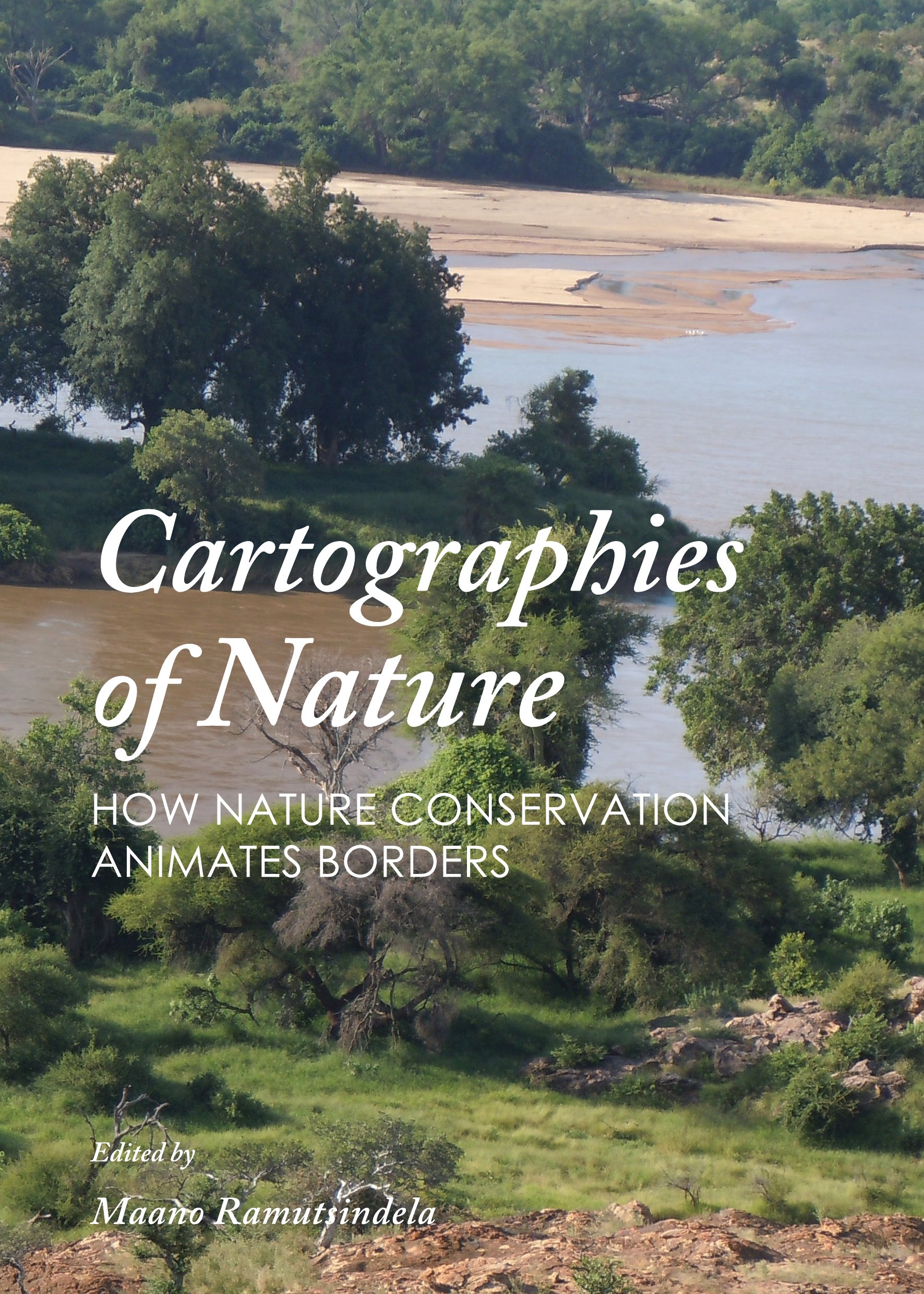Cartographies of Nature: How Nature Conservation Animates Borders
The ascendancy of border studies in the last two decades or so, and the burgeoning work on nature and society neither drew attention to ecological theories of borders nor capitalised on nature as a useful avenue through which border research could be advanced. This volume fills this void by engaging with the following key questions: What insights can be drawn from species’ borders to broaden understandings of bordering? What sorts of borders are engendered by various types of conservation areas? What border stories does each of these areas tell us? What do conservation-related borders teach us about multiple lines that divide societies? Answers to these questions help researchers understand a typology of nature-related borders.
The primary objectives of this volume are twofold. The first objective is to expand and deepen the links between nature conservation and border studies by bringing species’ borders into conversation with border studies, while at the same time paying attention to diverse conservation areas and conservation practices. The second objective is to highlight forms of borders associated with various types of conservation areas and the protection of certain types of natural resources. The manner in which nature conservation produces borders, and the forms those borders take, has the potential to enrich the conceptualisation of borders. The point of departure in this volume is that conservation practices produce feedback loops on social reality. Authors in the volume variously show that concerns with environmental protection and management offer possibilities for exploring, and even disrupting, borders within society and those between society and nature. Conservation areas in particular are crucial for a meaningful analysis of natures’ borders and the discourses and narratives related to them, and how such discourses influence conservation practice.
This volume is an invaluable resource for research and upper-level courses on border studies, political ecology, conservation and biodiversity management, and environmental change and social impact.
Maano Ramutsindela is Associate Professor in the Department of Environmental and Geographical Science at the University of Cape Town. He is the author of Transfrontier Conservation in Africa: At the Confluence of Capital, Politics and Nature (CABI, 2007) and his latest book (with Marja Spierenburg and Harry Wels) is Sponsoring Nature: Environmental Philanthropy for Conservation (Earthscan, 2011).
There are currently no reviews for this title. Please do revisit this page again to see if some have been added.
Anne-Laure Amilhat-Szary
Sylvain Guyot
Mafaniso Hara
Tania Katzschner
Alfons Mosimane
Friday Njaya
Christine Noe
Maano Ramutsindela
Bastien Sepúlveda
Julie Silva
Innocent Sinthumule
Marek Więckowski
Buy This Book























